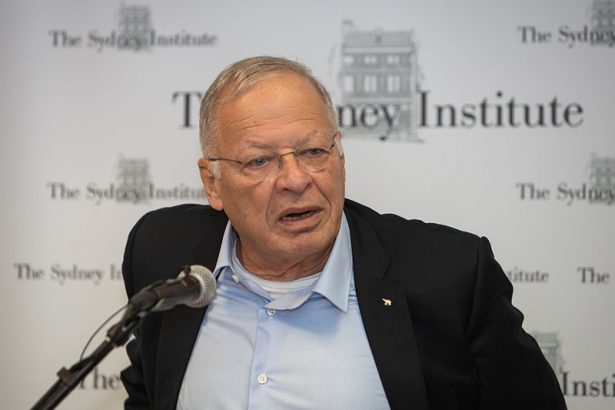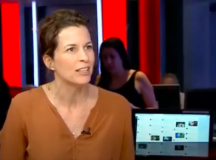Ehud Yaari is an expert on Middle Eastern affairs. He is the author of eight books on the Arab-Israeli conflict and is an Israel-based Lafer international fellow of The Washington Institute. To listen to the full interview with Yaari click here.
The idea of a serious economic package for Gaza to lift the population out of poverty is currently on the table, although I am very sceptical that it will turn into an implementable plan. Hamas’ agreement that such a package can be handled by others, such as the Palestinian Authority (PA), mirrors its invitation to Abbas to take over the civilian management of the Gaza Strip. Hamas aims to copy the Hezbollah model in Lebanon – to be the strongest military player in the arena but to let others deal with the civilian population. Abbas has historically opposed this, although I am in no position to predict how he might react were such a new Gaza package to be sponsored by the US, the EU or Quartet.
There is currently a big debate and deepening divide within the mainstream Fatah party between those who want to find a formula with Hamas, and those who believe Hamas is the eternal enemy. One of the proposals currently being considered is some sort of PA-Hamas agreement on forming a government of technocrats, although we’re not yet there. Within Hamas, there is a deepening divide between people like Yahya Sinwar, who believe that Hamas can no longer escape the reality of their responsibility for the civilian population in Gaza, and the military chiefs like Mohammed Deif and Marwan Issa, who believe that Hamas is not about serving the people but is about Jihad. I believe the recent violence has strengthened Sinwar and co., not to give up the sacred objective of destroying Israel, but to make Hamas seriously reconsider their next moves. Another factor that may strengthen this inclination is that during the recent escalation both Turkey and Qatar lost their central roles to the Egyptians.
The Abraham Accords survived the violence, but it scarred the relationship between Israel and its Gulf allies. Israeli governments now need to take into account its Gulf and Muslim allies when it formulates policy over the West Bank or Gaza. Expanding the circle of normalisation will require greater efforts by the Biden administration. There are a few moe countries contemplating joining, but the US has to be there, just like it was in the previous deals and it’s unclear whether the administration will invest their time and effort in trying to secure those deals. When it comes to Gulf ties with Gaza, Qatar is not going to be a player like it was before – mainly to do with internal Qatari troubles with the sacking of the finance minister. I believe the UAE and others would be willing to fill the Qatari void, but it all depends on the economic package to Hamas and this elusive mechanism plan.
Israel and the US have no solution to prevent dual-use items such as cement, iron, and other equipment falling into Hamas’ hands and helping it to rearm or rebuilding its tunnel network. I do not believe the US – nor the EU or any other regional actor – is willing to be on the ground to monitor this. Moreover, even were the PA to take a very courageous decision to supervise the effort, I believe they will eventually be frightened, bribed and coerced by Hamas and it wouldn’t be effective. Provided someone is able to come up with an ingenious mechanism to supervise the material going into Gaza, we have now a fairly good chance of reaching a de-facto long-term armistice or hudna with an economic package.





































